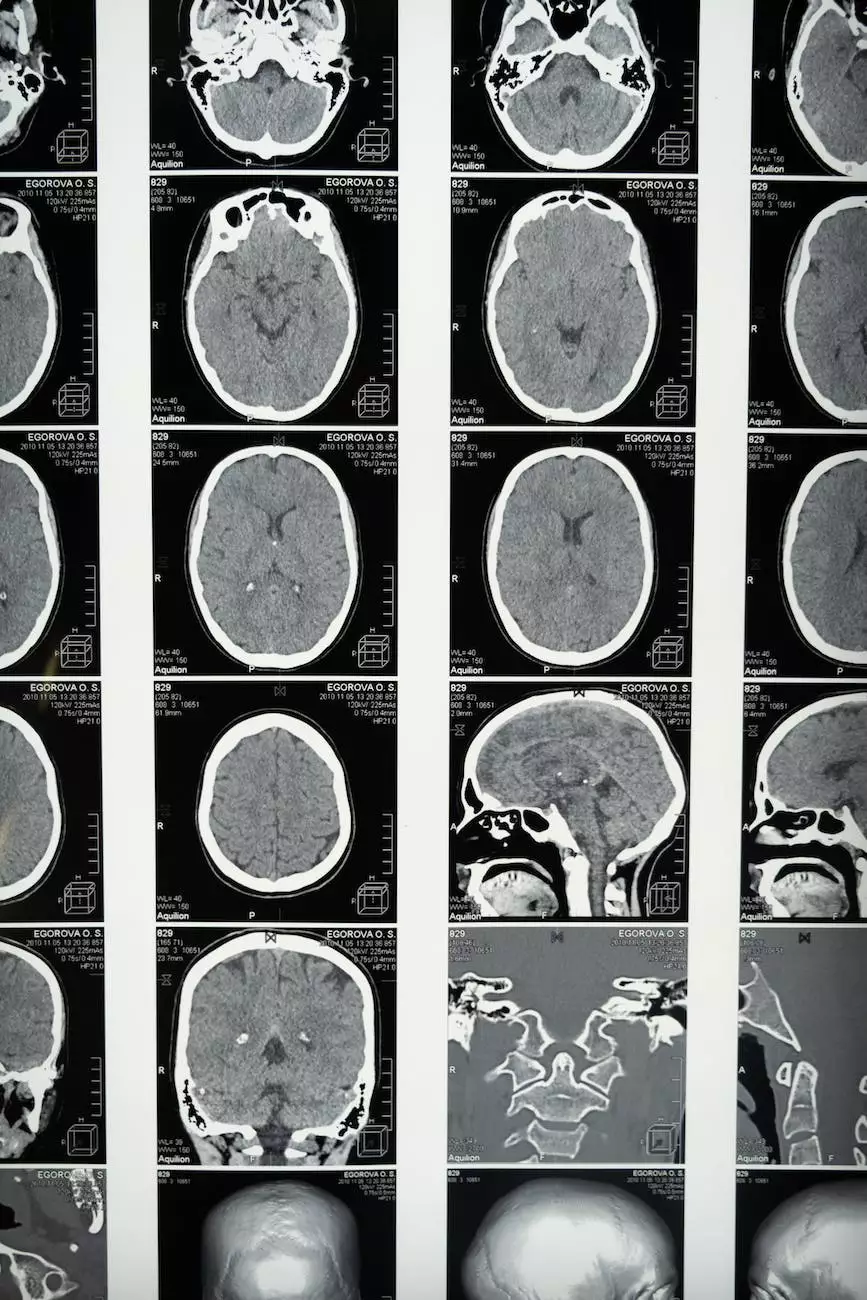Gene Therapy

Welcome to Foley James D MD's comprehensive guide to gene therapy, the groundbreaking medical treatment that has the potential to revolutionize healthcare in the field of genetics. In this article, we will explore the latest advancements in gene therapy, its potential benefits, risks, and applications.
The Basics of Gene Therapy
Gene therapy involves the manipulation of genes in order to treat or prevent diseases caused by genetic abnormalities. This innovative approach utilizes various techniques to introduce therapeutic genes into the patient's cells, either by replacing or inactivating the mutated genes responsible for the condition.
By targeting the root causes of genetic disorders, gene therapy aims to provide a long-term solution that goes beyond symptom management. It holds immense potential for treating a wide range of diseases, including inherited disorders, certain types of cancer, and even infectious diseases.
Advancements and Breakthroughs
Over the years, significant advancements have been made in the field of gene therapy, bringing us closer to potential cures for previously incurable conditions. Researchers and medical professionals continue to push the boundaries of what gene therapy can achieve, optimizing its safety and effectiveness.
One of the major breakthroughs in gene therapy is the development of viral vectors, such as adeno-associated viruses (AAV) and lentiviruses, which are capable of delivering therapeutic genes into target cells with high efficiency. These viral vectors have shown promising results in clinical trials, paving the way for future treatment options.
Applications of Gene Therapy
Gene therapy holds great promise in various medical fields. Let's explore some of its potential applications:
Treating Genetic Disorders
Genetic disorders arise from mutations in genes, which can lead to malfunctioning proteins and various health problems. Gene therapy offers a potential solution by replacing or repairing these defective genes. Conditions such as cystic fibrosis, muscular dystrophy, and sickle cell disease are among those being targeted by gene therapy research.
Fighting Cancer
Gene therapy can be used as an innovative approach to treat cancer. By targeting tumor cells and triggering their destruction or inhibiting their growth, gene therapy offers a potential alternative to traditional treatments like chemotherapy and radiation therapy. Researchers are investigating methods to enhance the specificity and effectiveness of gene therapy for cancer treatment.
Treating Inherited Eye Diseases
Gene therapy has shown great potential in treating inherited retinal diseases that cause vision loss. By introducing the correct gene into the retina, researchers have successfully restored vision in some patients. Continued research aims to expand the applications of gene therapy to other ocular disorders as well.
Treating Blood Disorders
Gene therapy holds promise for treating various blood disorders, including hemophilia and thalassemia. Through gene editing techniques like CRISPR-Cas9, scientists are working on correcting the genetic mutations responsible for these conditions. Gene therapy offers a potential cure by ensuring the production of functional proteins.
Risks and Challenges
Like any medical intervention, gene therapy also comes with its own set of risks and challenges. Researchers and regulatory bodies are actively working to ensure the safety and effectiveness of gene therapy treatments, minimizing the potential for adverse reactions.
One of the primary concerns is the possibility of unintended off-target effects, where gene editing may unintentionally alter other genes. Close monitoring and rigorous testing protocols are in place to minimize the potential risks associated with gene therapy. Ethical considerations, patient consent, and long-term monitoring are crucial elements to ensure the responsible implementation of this technology.
The Future of Gene Therapy
As scientists continue to expand our understanding of genetics and gene therapy techniques, the future of this field looks incredibly promising. The potential applications of gene therapy span across various medical disciplines, offering new hope for patients with currently untreatable diseases.
Conclusion
Gene therapy is a rapidly evolving field with immense potential to transform the landscape of healthcare. Foley James D MD is at the forefront of this exciting innovation, dedicating resources and expertise to advance the development of gene therapy treatments.
Stay tuned for continuous updates on gene therapy breakthroughs and its potential applications at Foley James D MD. Explore the possibilities and discover how gene therapy could contribute to a healthier future for all.









